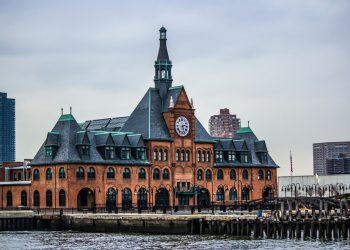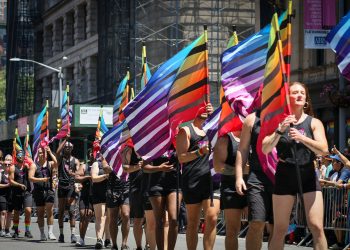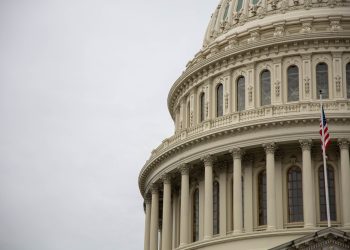Recent studies, including a comprehensive report from the Human Rights Campaign Foundation, have highlighted significant progress in U.S. workplaces towards LGBTQ+ inclusivity. However, the journey towards a fully welcoming environment for LGBTQ+ employees is ongoing, with many challenges still to be addressed.
Survey Insights: Progress and Challenges
The HRC Foundation’s report, “Equality Rising: LGBTQ+ Workers and the Road Ahead,” surveyed over 3,000 part- and full-time workers, revealing a mixed landscape. While more LGBTQ+ employees are openly out at work than in previous years, concerns around trust in HR departments and fears of stigma or violence persist.
The Need for Concrete DEI Strategies
RaShawn “Shawnie” Hawkins, the HRC Foundation’s senior director for workplace equality, emphasizes the importance of concrete institutional diversity, equity, and inclusion (DEI) practices. These practices include collecting sexual orientation and gender identity information as part of employee demographics, which is crucial for tailoring inclusive programs.

Beyond Symbolic Gestures
While recognizing LGBTQ+ Pride Month and establishing support groups are positive steps, Hawkins stresses that DEI efforts must go deeper. Awareness of political and social issues impacting LGBTQ+ rights is essential for effective DEI strategies, especially in today’s rapidly changing landscape.
Supporting Gender-Affirming Care and Understanding Family Dynamics
Shoshana Goldberg, the HRC Foundation’s director of public education and research, points out the importance of supporting gender-affirming care and understanding the familial connections of LGBTQ+ community members. In the wake of restrictive state laws, companies should consider extending support for gender-affirming care to their employees and their dependents.
Intersectionality and Centering the Marginalized
The HRC Foundation’s survey also highlights the need to focus on intersectionality and to center the needs of the most marginalized within the LGBTQ+ community, particularly transgender and nonbinary individuals who often face heightened discrimination and challenges.
The Business Benefits of Inclusion
Both Hawkins and Goldberg underline the business advantages of an inclusive workplace. A safe and welcoming environment attracts and retains talent, increases productivity, and aligns with the purchasing preferences of a diversity-conscious consumer base. This alignment with consumer and employee values is increasingly important as younger generations, who prioritize equality, enter the workforce.
A Call for Action Beyond Words
The report underscores the need for workplaces to go beyond mere statements of support, implementing policies and practices that actively promote and ensure LGBTQ+ inclusivity. This approach is not just a moral imperative but also a strategic business decision, enhancing employee satisfaction and aligning with broader social values.
In conclusion, while progress has been made, the path to complete LGBTQ+ inclusivity in the workplace requires ongoing commitment, understanding, and action from both employers and employees.
©unitedradiance.org



















